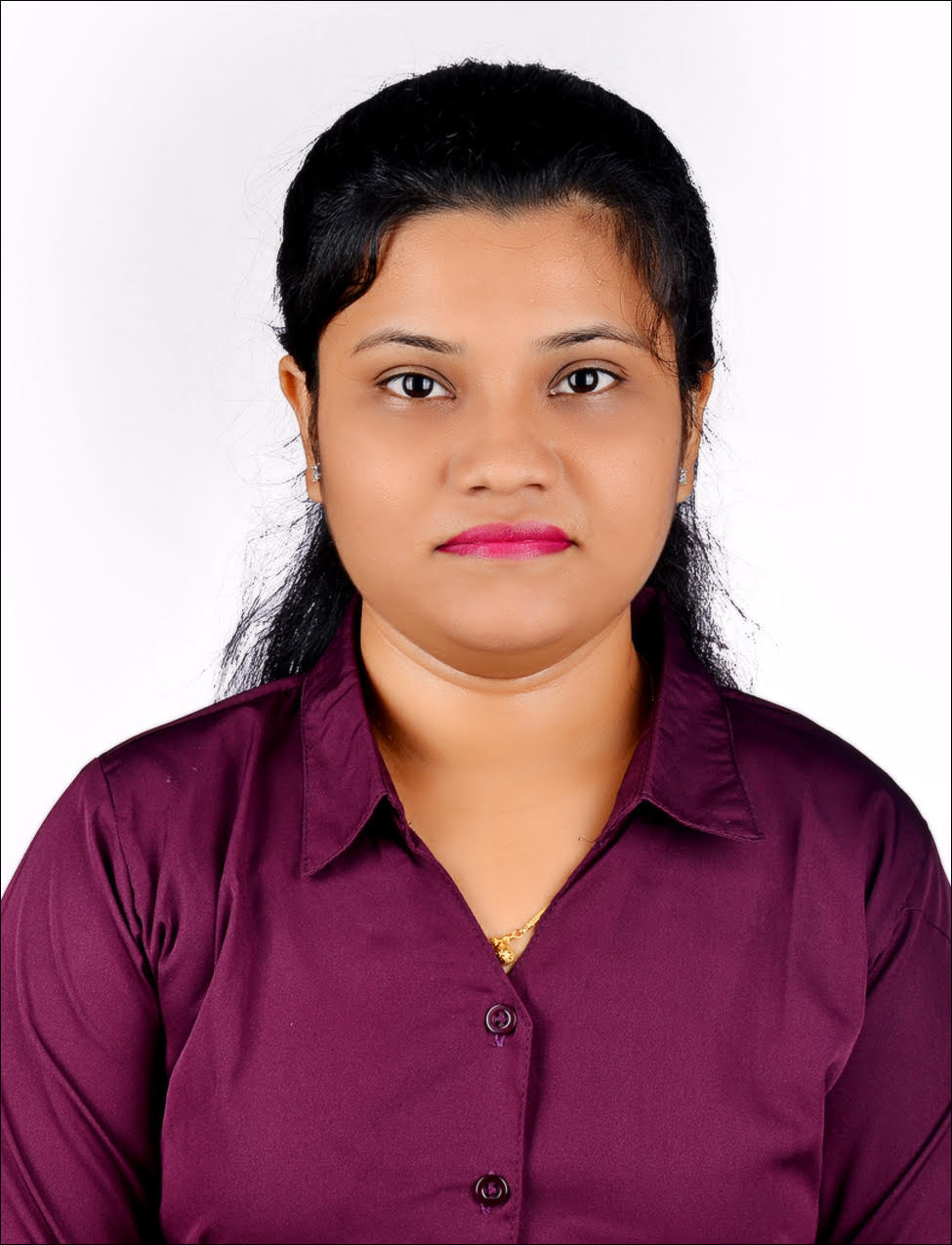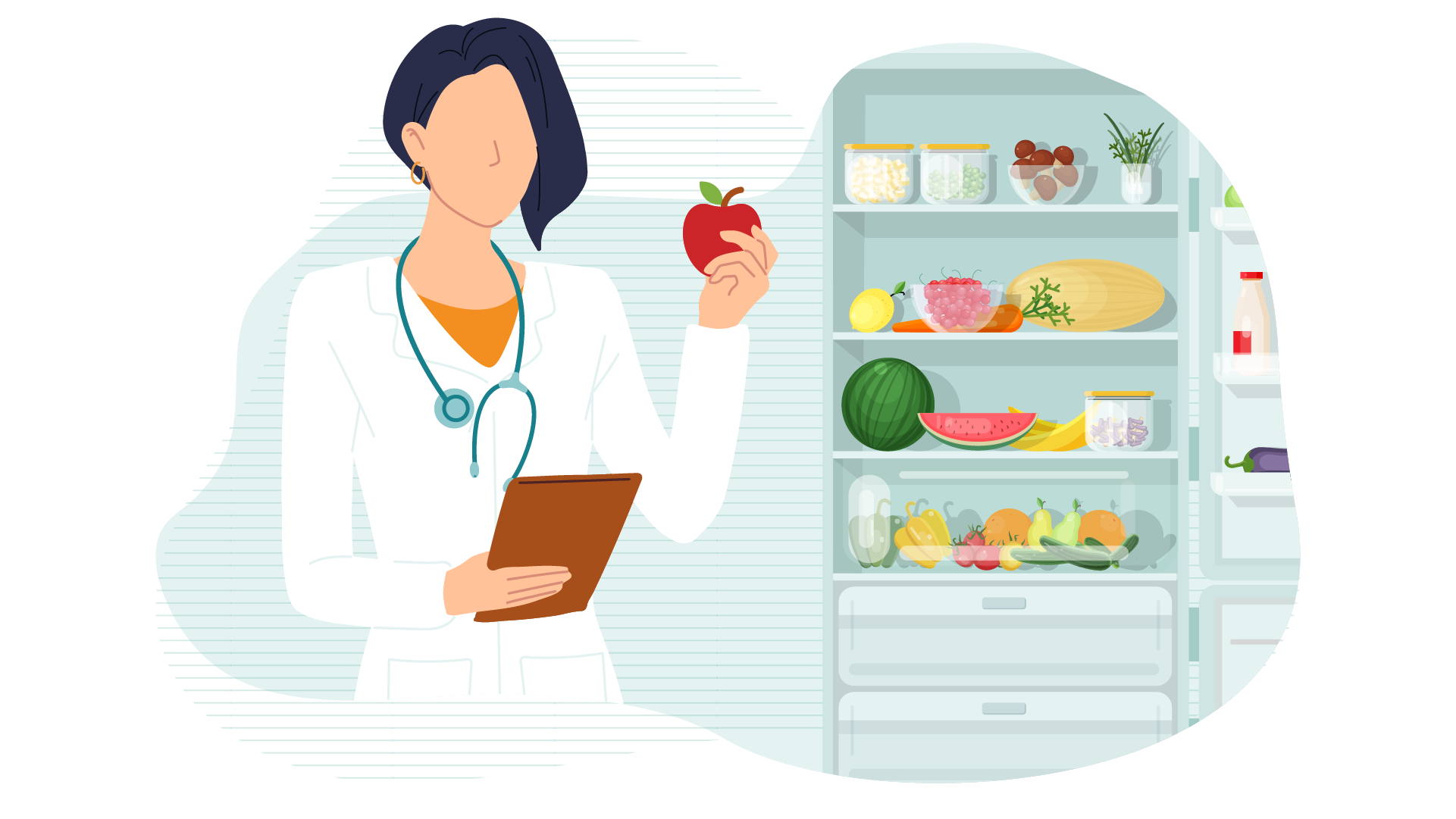Importance of Nutrition In Endocrine Conditions:
Good nutrition is indispensable in managing all endocrine conditions, especially in Diabetes Mellitus, Thyroid Conditions such as Hypothyroid & Hyperthyroid, Obesity, & Polycystic Ovarian Disease(PCOS), where weight management greatly augments medical treatment.
Studies have shown that even 5-7% of weight loss can help reverse early Diabetes, and by maintaining weight, one can keep the condition at bay. Studies also suggest that proper nutrition helps to balance BP as well as elevated cholesterol levels. It is also seen under the nutritional guidance one can maintain high or abrupt Creatine Values and Electrolytes in Chronic Kidney Patients (CKD) patients.
Thyroid medication is weight dependent, and losing weight can help minimize the dose of the thyroid medications.
Weight loss can help regularize periods and help prevent the onset of diabetes in polycystic ovarian disease(PCOS)—a positive impact on body image and self-esteem.
Osteoporosis is a skeletal disease characterized by low bone mass and disrupted bone architecture, increasing bone brittleness and fracture risk. Diet of a large part of society is not properly balanced, which can cause abnormalities in achieving proper bone mineralization. Changes in the nutritional regimen are required already during childhood because nutritional mistakes are the main cause of diet-related diseases in adulthood.
One of the studies done is 2013. It states that one in three adults worldwide was overweight or obese. Adult obesity has exceeded 50%, and childhood obesity has exceeded 30%. The risk of Metabolic Disorders like Diabetes, PCOS, Elevated Lipid Profile, and Kidney Disorders have gone up. Hence it is always important to do lifestyle modification with proper guidance.





